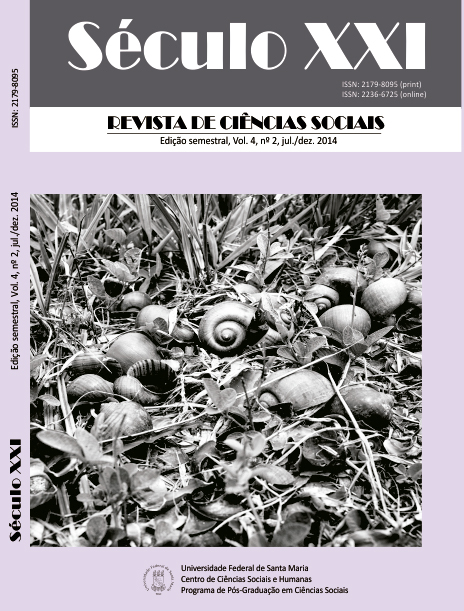Gender and sexuality in the scene of brazilian policy: the elective affinities and (in)visibilities in public agenda
DOI:
https://doi.org/10.5902/2236672517048Keywords:
gender, sexuality and public policy, family, reproduction, reproductive rightsAbstract
The article points out strictly to (in)visibility in terms of public policies and agendas, particularly health that have on gender and sexuality the focus of interventions, analyzed as from the criticism of the intervention in the bodies by biomedicine and perspective of sexual and reproductive rights. The connections between the two spheres - sexuality and reproduction - the driving forces that are discourse right the option remain strongly present in social discourse and political action, resulting in consecration of certain dominant themes on the agenda of public policies in Brazil.Downloads
Downloads
Published
How to Cite
Issue
Section
License
Authors who publish in this journal agree with the following terms:
1. Authors keep the copyrights and allow the journal the right of first publishing, having the paper simultaneously licensed by Creative Commons Attribution License that allows the sharing of the article – copyright recognized - and first publishing in this journal.
2. The journal is allowed to require the copyrights transfer, allowing the article to be used under noncommercial purposes, including the right to send the paper to Free Access or Paid databanks, not assuming the obligation to pass on the value charged from users to the authors.
3. Authors are allowed to take additional contracts separately for nonexclusive distribution of the paper’s version published in this journal (e.g. publishing in institutional repository or as book chapter), recognizing the copyright and first publishing in this journal.







